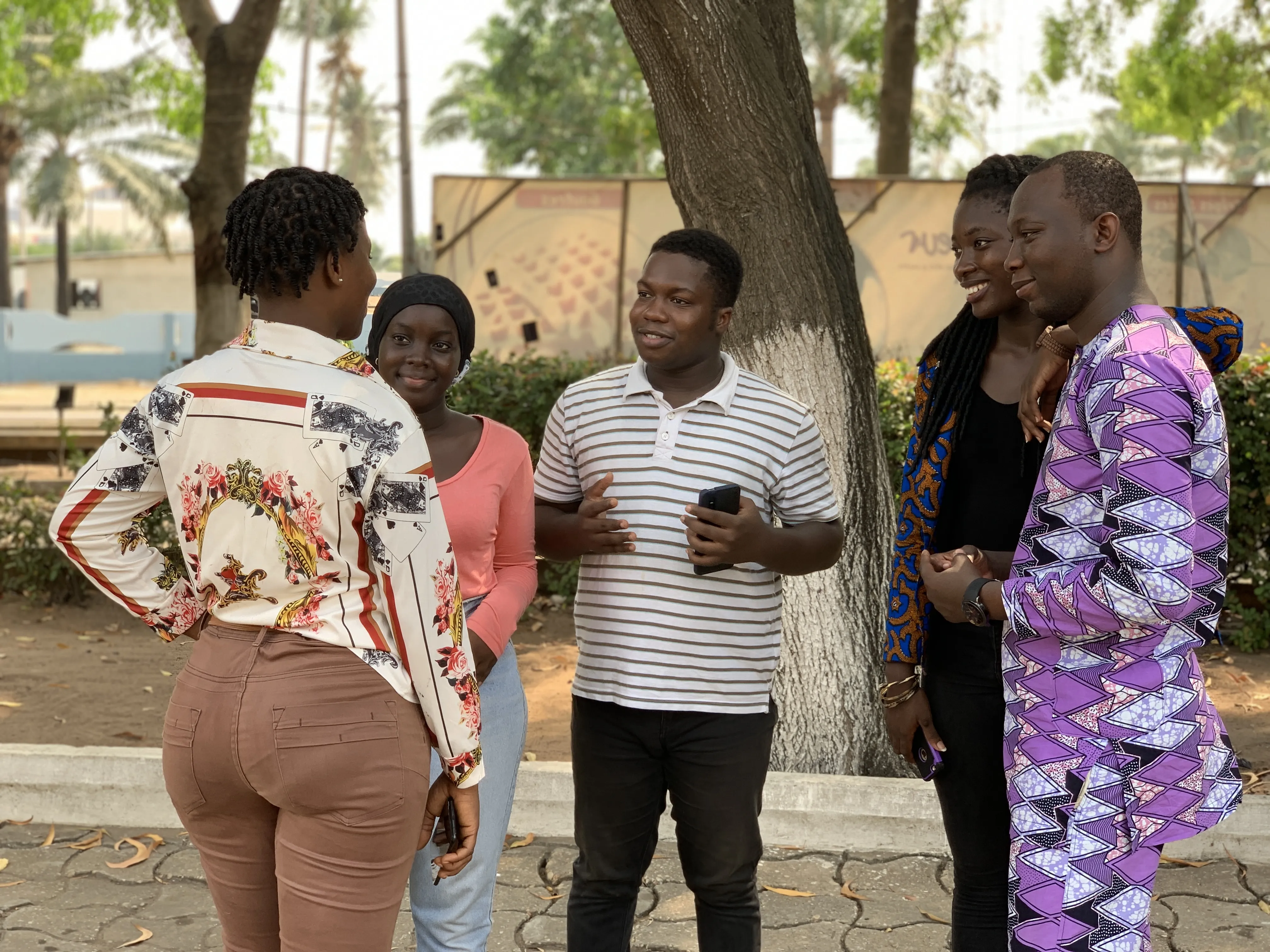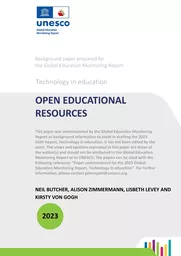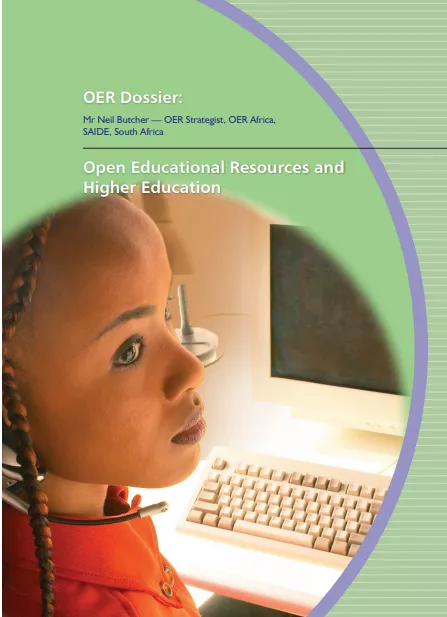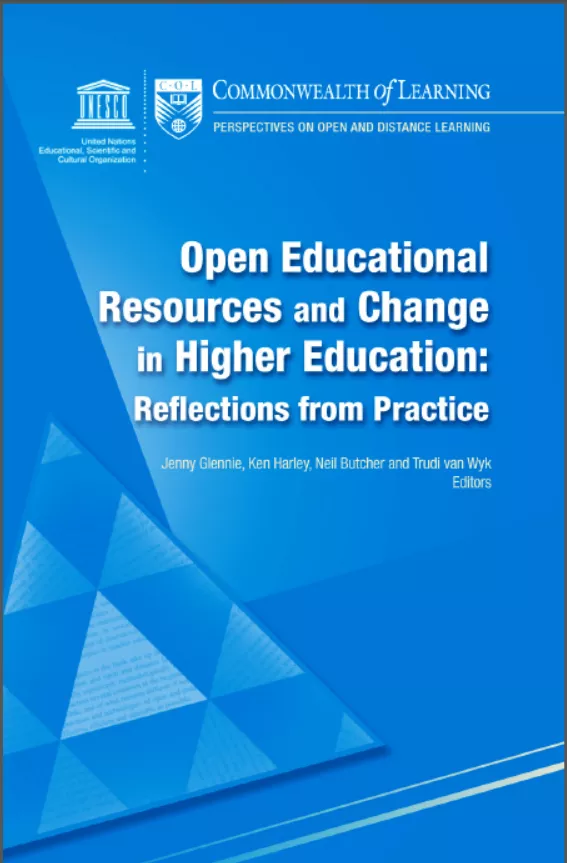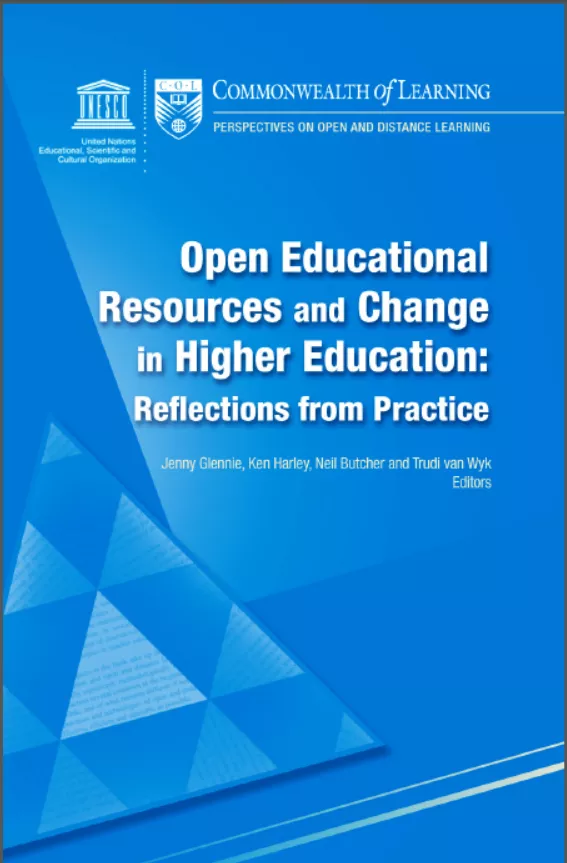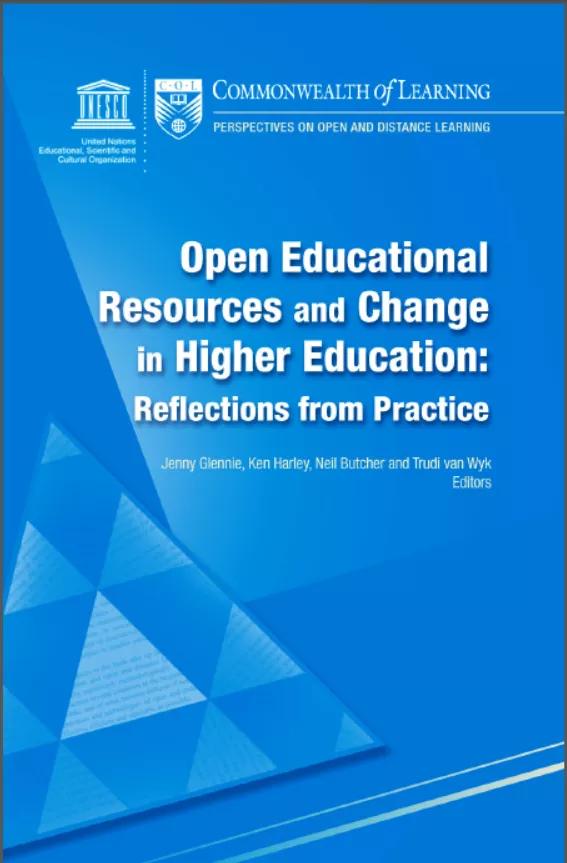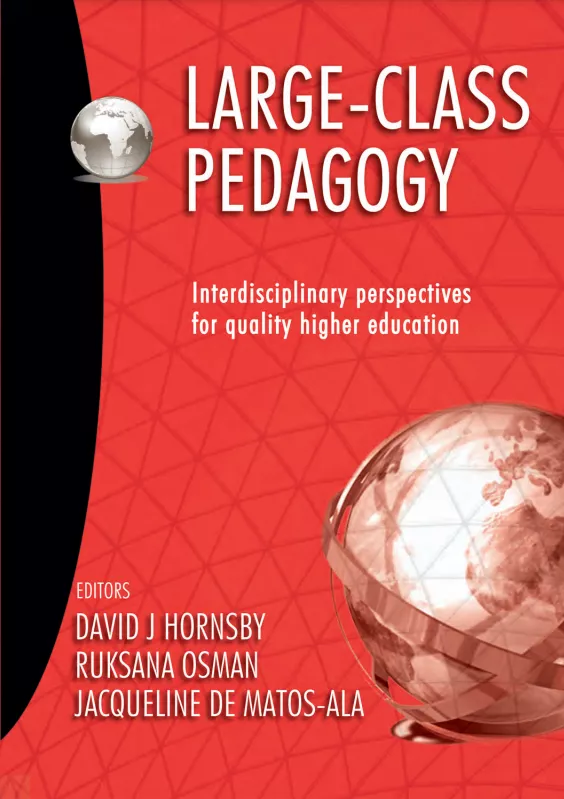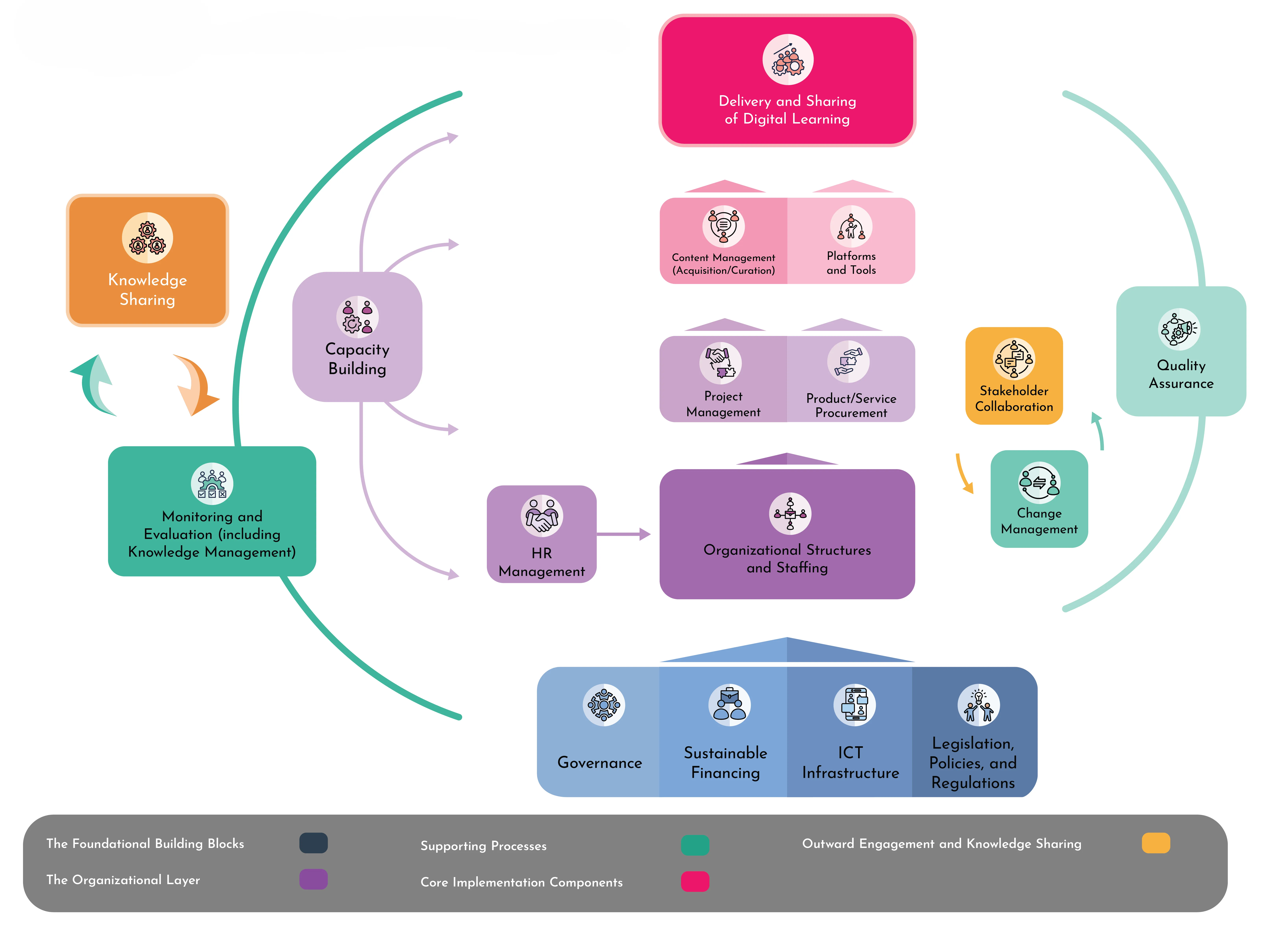
Education procurement in the public sector: Policy challenges and how to overcome them
Public education development initiatives have often gravitated toward popular interventions such as teacher training programmes, improving infrastructure, or introducing Information and Communications Technologies (ICTs). However, these interventions frequently fall short of achieving their desired effects because they fail to resolve one of the fundamental challenges in education provision: the need to build and sustain well-functioning, straightforward public procurement processes.

